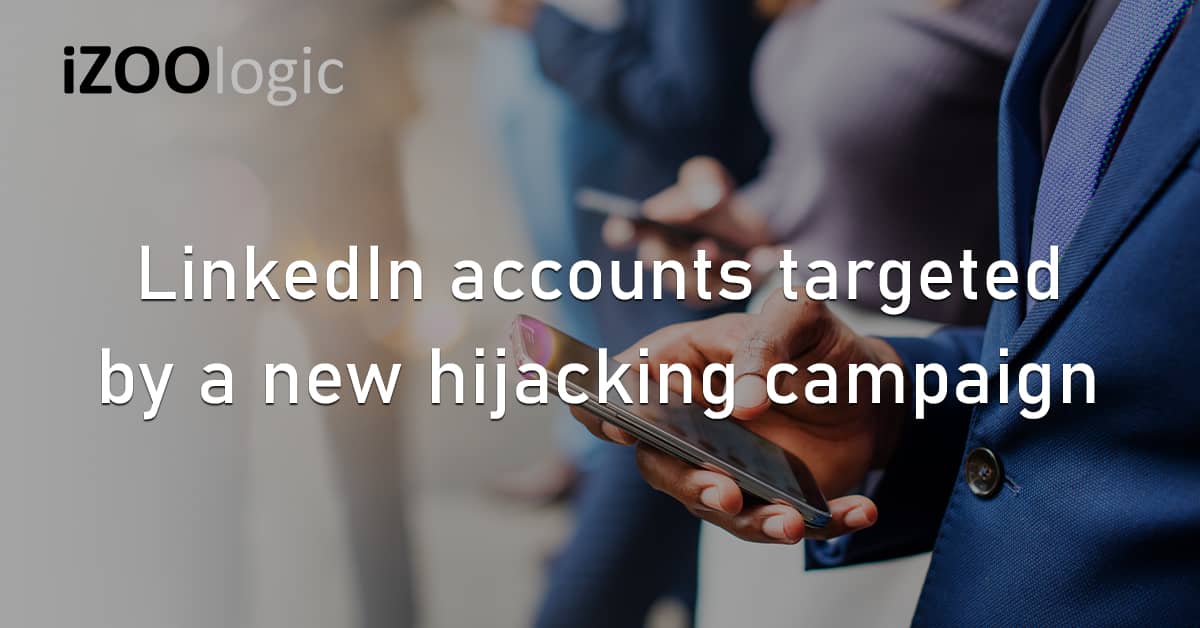An ongoing and successful hacking campaign from threat actors that targeted LinkedIn accounts has resulted in different problems. Based on reports, the cybercriminal campaign has become detrimental to its victims as most of them lose access to their accounts, which leads to ransom demands and extortion.
The attackers threatened to delete their victims’ accounts if they could not comply with the demands. Researchers also claimed these attackers could leverage the stolen LinkedIn accounts for other malicious purposes, such as blackmail, data gathering, reputational damage, and social engineering.
LinkedIn users experienced issues with their accounts.
The campaign may have caused disruptions to numerous LinkedIn users since most of them could not access or were locked out of their accounts. More users have also reported that they could not resolve the issues despite contacting LinkedIn’s customer support service.
Researchers claimed that the attackers exploit the leaked login credentials or use dictionary tactics to take over many LinkedIn accounts.
Next, the threat actors change the linked email addresses to one of their controlled domains after a successful compromise of secured LinkedIn accounts. In some cases, the attackers negotiate with their targets, making them provide ransom to recover access to their accounts. The attackers go as far as threatening their victims that they will delete the account.
According to Google Trends, there’s been a 5000% increase in searches related to LinkedIn account hacks and recovery in the past few months. The compromised professional profiles on LinkedIn express concerns about the attack’s impact; however, it is still unclear to researchers the exact objective of the operation.
Adversaries could exploit these compromised profiles to deceive other users into committing illicit or hostile actions under the impersonation of trusted relatives, superiors, or colleagues. Lastly, threat actors could collect critical data in LinkedIn conversations for intelligence gathering.
The ongoing hacking operation that targets LinkedIn users underscores the urgency of resolving such a threat. These campaigns could lead to further exploitation. Hence, users should proactively safeguard their LinkedIn accounts against these malicious campaigns.
